Postpone tax credit cuts, MPs tell George Osborne
- Published
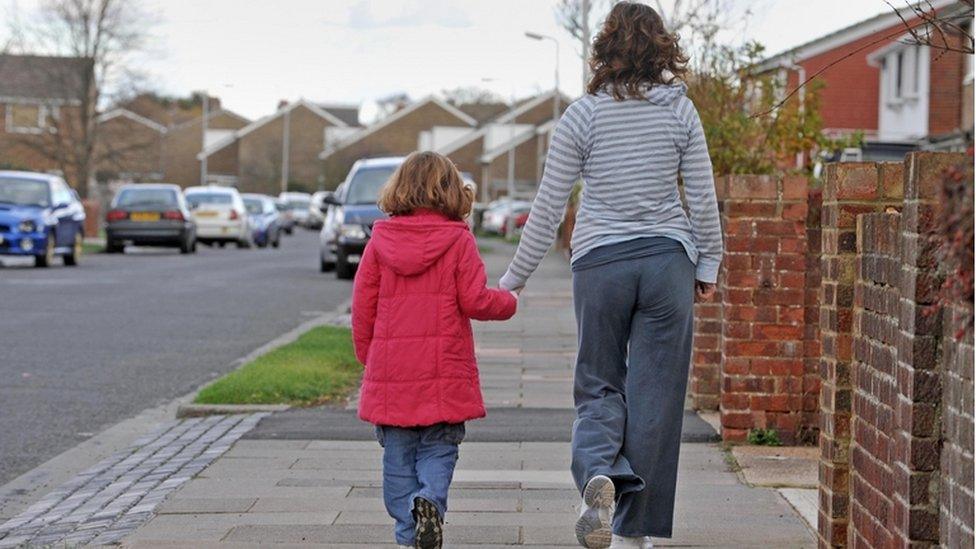
George Osborne should postpone reforms to tax credits for a year to enable debate about the future of working-age benefits, a group of MPs has said.
Parliament's Work and Pensions Committee warned there was no "magic bullet" to protect low-paid workers.
The chancellor is to set out plans in his Autumn Statement to lessen the impact of planned cuts, after they were rejected by the House of Lords.
The Treasury said the MPs' report was out of date as the new plans were due.
In its report, the MPs also accuse the Treasury of being "unacceptably evasive" for failing to provide information about the impact of its measures on different income groups.
Meanwhile, the former Labour prime minister and architect of tax credits, Gordon Brown, has warned the changes will "plunge almost another million families into poverty".
Follow all the day's political updates with BBC Politics Live
Mr Osborne announced plans to cut £4.4bn from the tax credits system in his summer Budget in June, as part of plans to save £12bn from the welfare bill.
Opponents of the changes, due to come into effect in April, say more than one million existing recipients - many of whom work but are on low incomes - will be some £1,300 a year worse off as a result.

But the government says the majority will benefit from other policies, including increases in the personal income tax allowance, an expansion of free childcare and the introduction of the National Living Wage.
However, the committee, which has a Labour chair but a Conservative majority, said these measures "should not be confused with compensation for tax credits cuts".
It said that "at best" only half of the families set to lose out from the tax credit changes would benefit from an increased personal tax allowance, while "only one third" would benefit from the introduction of the National Living Wage.
"The benefits to those who are helped are generally dwarfed by the cuts, especially in 2016-17," the report said, adding that "by 2020-21, 78% of families will be on average £1,500 worse off in real terms".

What are tax credits?
Tax credits are a series of benefits introduced by the last Labour government to help low-paid families. There are two types: Working Tax Credit (WTC) for those in work, and Child Tax Credit (CTC) for those with children.
Under the government's existing proposals, the income threshold for Working Tax Credits - £6,420 - would be cut to £3,850 a year from April.
In other words, as soon as someone earned £3,850, they would see their payments reduced. The income threshold for those only claiming CTCs would be cut from £16,105 to £12,125.
The rate at which those payments are cut would also get faster. Currently, for every £1 claimants earn above the threshold, they lose 41p. This is known as the taper rate. But from April, the taper rate would accelerate to 48p.
There would be similar reductions for those who claim work allowances under the new Universal Credit.
More on tax credits:

The MPs also cautioned Mr Osborne to "resist the temptation to raid Universal Credit" to pay for his tax credit adjustments, warning it would "either shift the burden to different low-income families or undermine the objective of making work pay".
"There is no magic bullet within the tax credit system. One of three things has to give: the impact on poverty, work incentives or the cost," it said.
"We recommend that if, indeed, the effects cannot be satisfactorily mitigated, the government pause any reforms to tax credits until 2017-18.
"This would allow a broader discussion of the options in their proper context."
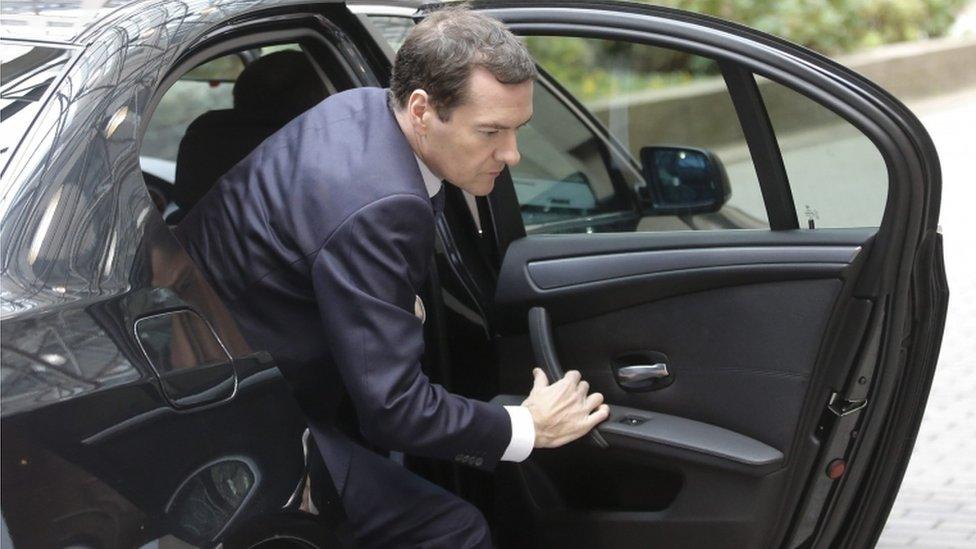
Mr Osborne has been forced to revise his plans to cut tax credits following the defeat in the House of Lords
Committee chairman, Labour MP Frank Field, suggested tax credits should be abolished in their current form and replaced with a new system.
"No-one has been able to provide the committee with a satisfactory series of mitigating policies to combat the impact of cuts in tax credits," he said.
"My advice to the chancellor would be to pause and use the next 18 months to bring forward a major overhaul to abolish tax credits as we know them.
"A new system could come in fully by 2020 when the chancellor's National Living Wage will be paying a wage of £16,000 per year.
"This would allow him to question whether a reformed tax credit system shouldn't be remodelled to help only lower-earning families with children."
'End goal'
Commenting on the report, a Treasury spokesman said it was "out of date" because Mr Osborne had already said he would listen to concerns and announce new transitional measures in his Autumn Statement.
The spokesman said the examples cited in the report did not consider other measures the government had introduced or was introducing to support working families.
He said these included "free childcare that will be worth £5,000 a year per child, freezes in council tax and fuel duty throughout the last Parliament, higher public spending on the NHS and schools", and the "upward pressure on wages up the income scale that we are already starting to see thanks to the new National Living Wage".
He added: "The government's end goal is clear - this country cannot have an unlimited welfare budget that squeezes out other areas of public expenditure."
But Conservative MPs have continued to call for a rethink of the plans.
Craig Williams said a delay would give government "more time to look at the system" as a whole while Stephen McPartland, citing research from the House of Commons library, said it was "unacceptable" that a lone parent with two children working 35 hours a week was set to lose more than £5,000 due to changes to working and child tax credits.
- Published26 October 2015
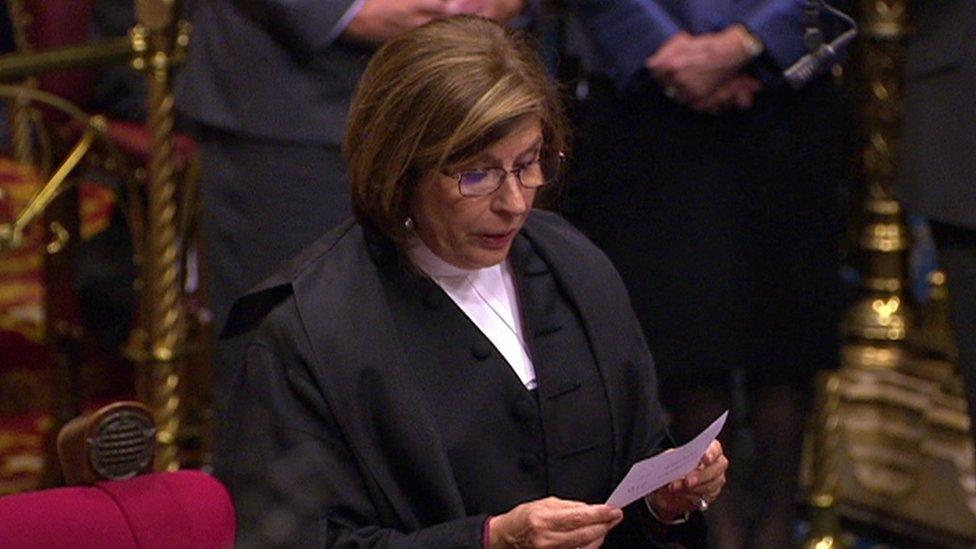
- Published4 November 2015

- Published24 November 2015
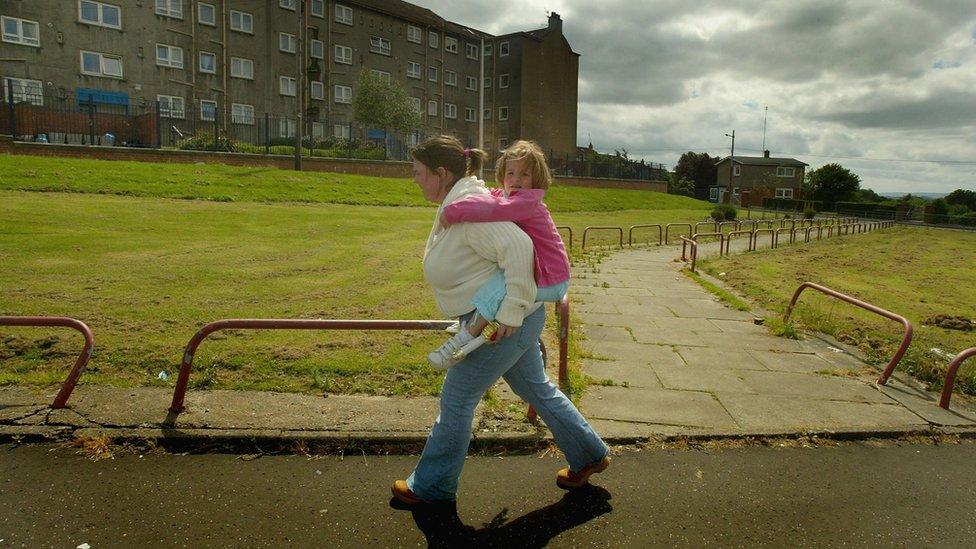
- Published6 November 2015

- Published11 October 2015
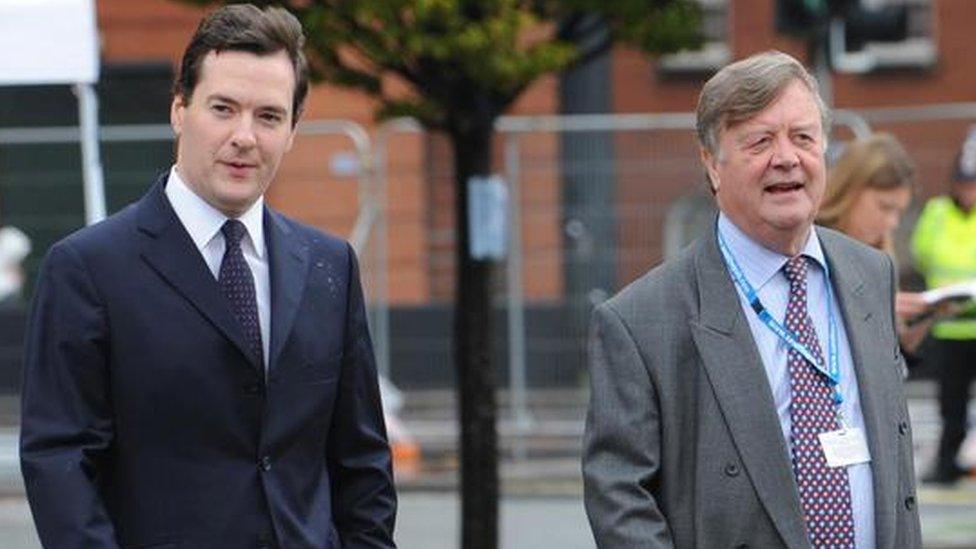
- Published5 October 2015

- Published26 October 2015
- Published19 October 2015
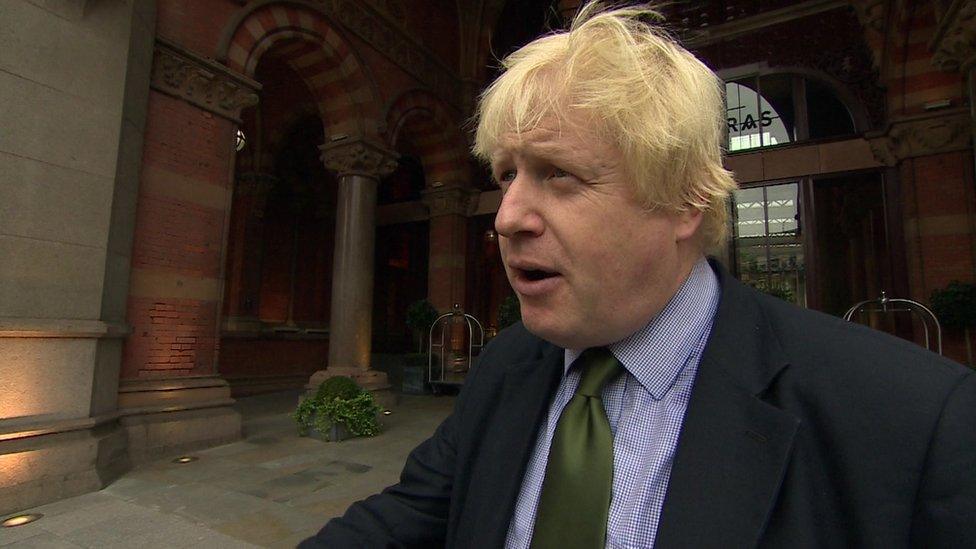
- Published26 October 2015

- Published11 November 2015
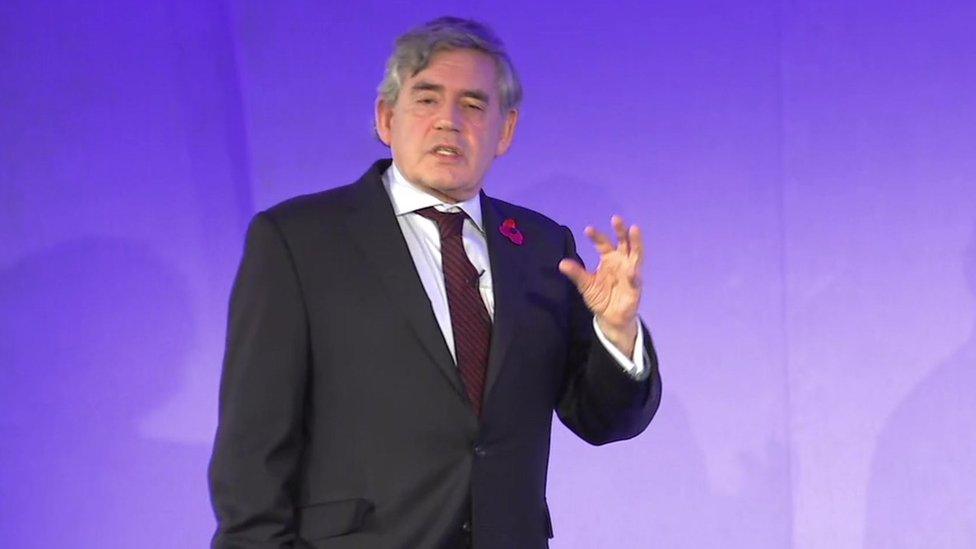
- Published9 November 2015

- Published11 November 2015
